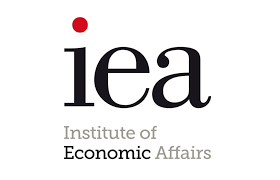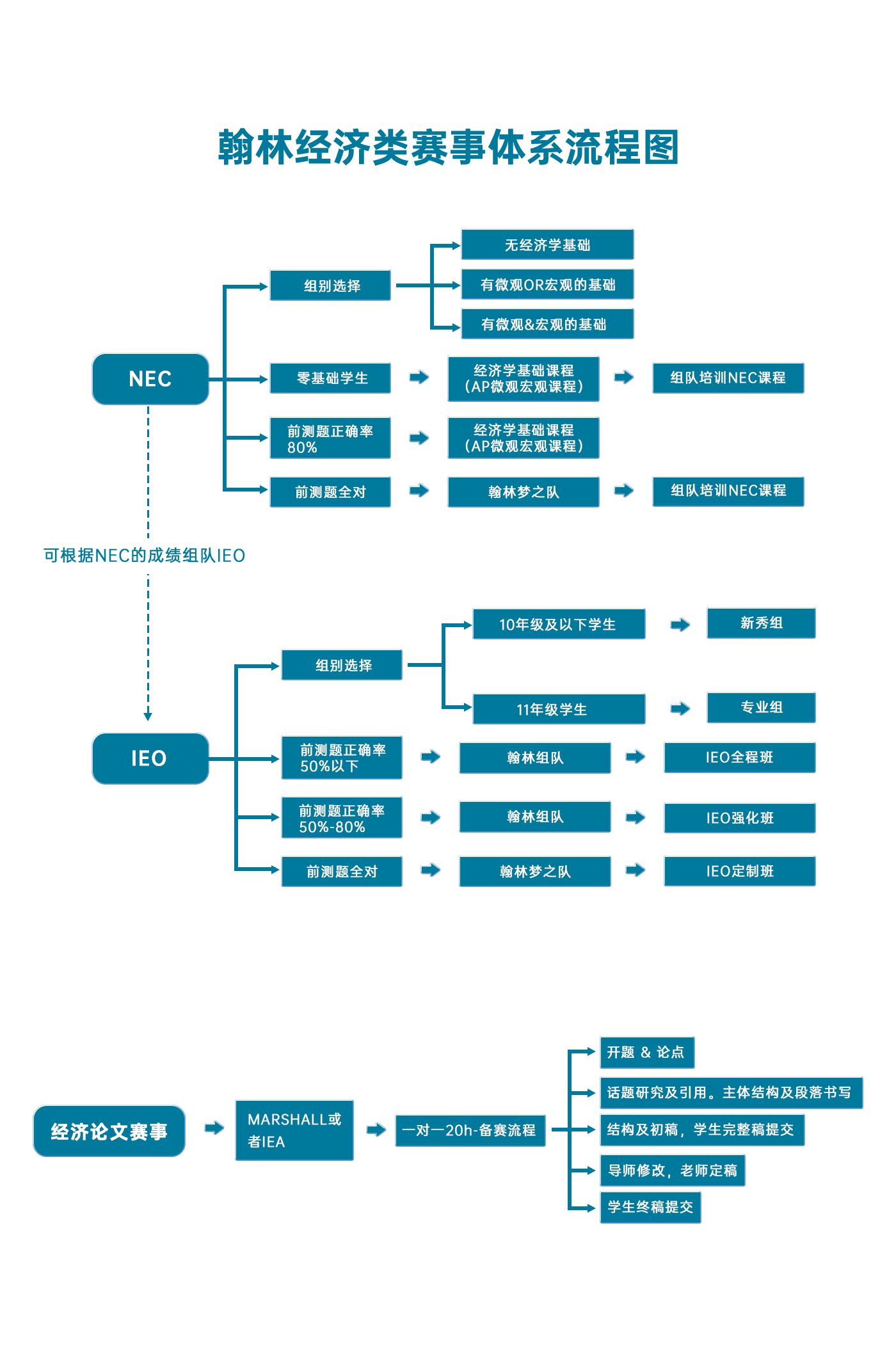- 翰林提供学术活动、国际课程、科研项目一站式留学背景提升服务!
- 400 888 0080
IEA全球高中生经济学论文竞赛-2021年真题+参考资料
 IEA 全球高中生经济学论文学术活动
IEA 全球高中生经济学论文学术活动
Institute of Economic Affairs Student Essay Competition——The Dorian Fisher Memorial Prize
成立于1955年
IEA 全球高中生经济学论文学术活动是由英国智库 (Institute of Economic Affairs,创始人为Fisher先生)举办的面向全球所有学习A-Level和IB课程的高中生的经济学论文学术活动。
该学术活动旨在锻炼高中生利用经济学原理解释社会问题的能力,高中生将通过分析和描述市场在解决经济和社会问题中的作用,来提高对自由社会基本制度的理解。该学术活动至今已和众多世界顶级经济学家和诺贝尔经济学家合作,他们的部分论文和书籍也包括在每年学术活动题目的参考资料中。
参赛奖励
第一名(全球1名)将获得500英镑奖励
第二名(全球3名)每人获得250英镑奖励
全球参赛学生最多的高中将获得500英镑奖励
前二十名获奖学生将被邀请参加IEA于每年秋季举办的1日活动
对申请大学的帮助
展示学术研究能力:无论是否能获奖,学生完成的三篇参赛论文均可作为本科申请的附加材料,提交给所申请的大学,突显学生对学科(经济学、社会学)的热爱和高于其他高中生的学术研究能力。参赛经历和感想也可作为本科申请文书和面试素材。
锻炼学术写作和思辨能力:每年的论文题目都是本科甚至研究生经济学课程的难度,对高中生非常具有挑战性。通过参赛,学生可极大提升大学学术写作和思辨能力,尤其是在分析、引用参考资料中的观点时。
为大学课程作准备:部分论文题目涉及的主题和大学经济学课程涉及的主题重合,学生可提前了解大学经济学课程范围和难度。
有想法以及需要报名的,扫码咨询!
2021年论文题目
( 需完成并提交全部三道题目 )
01A short essay, of roughly 1,200 words, on one of the following questions:
第一篇为1200字论文,在以下三题中选一作答:
(a) What challenges do systemic risks pose for economic thinking and analysis?
系统性的风险对经济学思想和分析构成了哪些挑战?
(b) Are economic principles true and applicable in all times and places, or are they historically and contextually specific?
经济学原理是否在所有时间、地点都正确且能用来解决问题?还是只能在特定的历史背景适用?
(c) What does the term ‘innovation’ mean in economics and why is the phenomenon of innovation so important for economists?
“创新”一词在经济学中的意思是?为什么创新现象对经济学家非常重要?
02A 500-word answer to one of the following three questions:
第二篇为500字论文,在以下三题中选一作答
(a) What are rational expectations and why do they matter?
理性期望是指什么?为什么理性期望重要?
(b) What are the differences between classical and neo-classical economics?
古典派经济学和新古典派经济学的区别?
(c) What are risk and uncertainty in economics and how are they different?
经济学中的风险和不确定性分别是什么?他们的区别是?
03A 500-word answer to the following question.
第三篇为500字论文,回答下面的问题:
Identify an area of economics that you think should be given more attention in the A-Level or IB syllabus and say why this is so.
指出一个你认为需要在A-Level 或IB 经济学课程大纲中需要更侧重的经济学主题,并说明为什么。
针对第一题的参考资料:
J W Welburn et al (2020a) Systemic Risk in the Broad Economy: Interfirm Networks and Shocks in the US Economy. Rand Corporation.
J W Welburn et al (2020b) Systemic Risk: It’s Not Just in the Financial Sector. Rand Corporation.
ECB Financial Stability Review 2009 ‘The Concept of Systemic Risk’
(b) Are economic principles true and applicable in all times and places, or are they historically and contextually specific?
You should do a general search for accounts of the late 19th century ‘Methodenstreit’ when this issue was first raised. Wikipedia has an entry on this and also an informative entry on the ‘Historical School’ and its contemporary admirers such as Ha-Joon Chang and Erik Reinert. A recent work that sets out why this is a continuing issue and involves fundamental questions about the nature of economics (and other social sciences) is Samuel Bostaph (1996) ‘The Methodenstreit’ Chapter 66 in Peter Boetke (ed) The Edward Elgar Companion to Austrian Economics.
Hodgson, Geoffrey M. (2001). How economics forgot history. The problem of historical specificity in social science. London – New York: Routledge
Kadish, Alon (2012). Historians, Economists, and Economic History pp. 3–35
Reinert, Erik (2007). How Rich Countries Got Rich … and Why Poor Countries Stay Poor. New York: Carroll & Graf Publishers
Shionoya, Yuichi (2001), ed. The German Historical School: The Historical and Ethical Approach to Economics. (Routledge)
For the other side see Ludwig von Mises Epistemological Problems of Economics
and this introduction by Peter Boetke with further links.
(c) What does the term ‘innovation’ mean in economics and why is the phenomenon of innovation so important for economists?
Start here; here ; and here.David Warsh (2006) Knowledge and the Wealth of Nations
You should also look at Google Scholar for the many books and articles on this subject.
Matt Ridley (2020) How Innovation Works: and Why it Flourishes in Freedom. Harper.
翰林经济类赛事课程体系流程图


最新发布
© 2025. All Rights Reserved. 沪ICP备2023009024号-1









